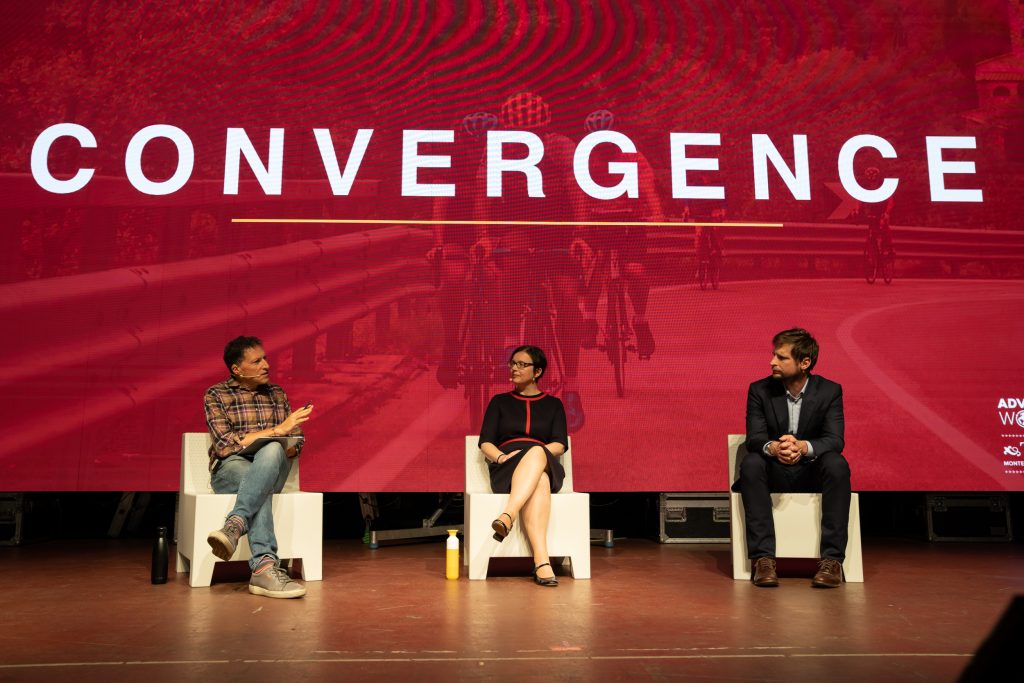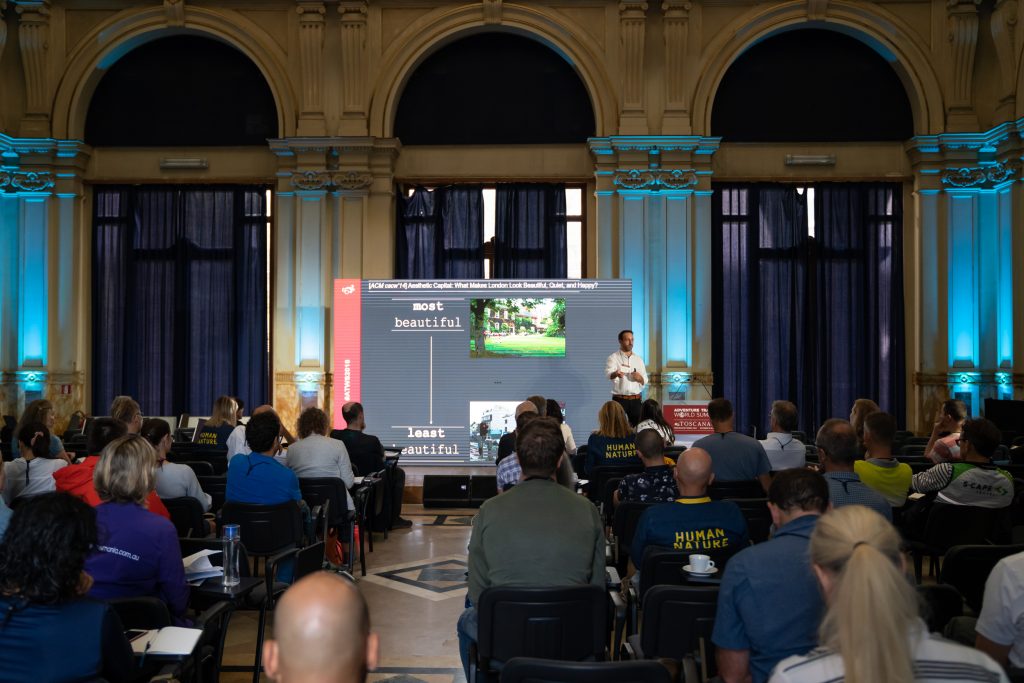When it comes to technology, society has hit the point of no return. According to a recent report from the Pew Research Center, 77 percent of the U.S. adult population owned a smartphone as of January 2018, and 95 percent owned some type of handheld device. From mobile banking to digital news feeds and restaurant reviews, just about everything in our daily lives touches technology; travel and tourism is no exception.

This is the principle of convergence — the blurring of lines between local and travel experiences and the products and services people use — and industry professionals are grappling to understand how to manage this disruption. Speakers Luke Bujarski of LUFT and Caroline Bremmer of Euromonitor, and moderator Arnie Weissmann of Travel Weekly, offered insight into this technological shift and how the travel industry can adapt during their keynote presentation sponsored by Aysén Patagonia - Chile. “We need to be as technologically savvy as our clients, and maybe more so,” Weissmann said.
“There are a myriad of consumer trends that are impacting all of our businesses,” Bremmer said, noting that different industries are bleeding into each other, thanks to technology. “We can not underestimate the power and disruption of technology.” Bujarski illustrated this idea further, explaining how some of the big players in technological space, such as Google and Amazon, work as facilitators for simple access across all aspects of life, such as work, mobility, and education. These companies have created webs of partnerships allowing consumers to research, review, and book in a seamless digital space.
Technology has become more integrated in our lives, making things faster, easier, and more accessible, but that doesn’t necessarily mean it makes people happier. And yet, there is technology that does that, too. Daniele Quercia, department head at Nokia Bell Labs and founder of the Good City Life, has harnessed digital capabilities for happiness with the creation of Happy Maps, an online mapping tool. In the concurrent session Happy Maps: Charting a Richer Life, Querica explained how Happy Maps uses crowdsourced, geo-tagged photos combined with user data to create a city map based on human emotions, ultimately creating a route between two locations that offers the richest emotional gain.

Most smart city development is built on the idea of safety, convenience, and security. This tool considers beauty, quietness, and happiness in offering the best route for a person to walk based on machine-learning technology and sensory data. “Not only can we predict a model, but we can predict beauty,” Quercia said.
Though adventure operators indicate a growing number of clients express desire for digital detoxes or wellness-related experiences, technology is now an integral part of the travel experience. Wherever in the world people may be, the rest of the world is only a few keystrokes away, but companies shouldn’t balk at the technology infiltrating their businesses. “Don't fear technology,” Bujarski said. “Embrace it because, at the end of the day, suppliers are the ones that have control of the product.”
